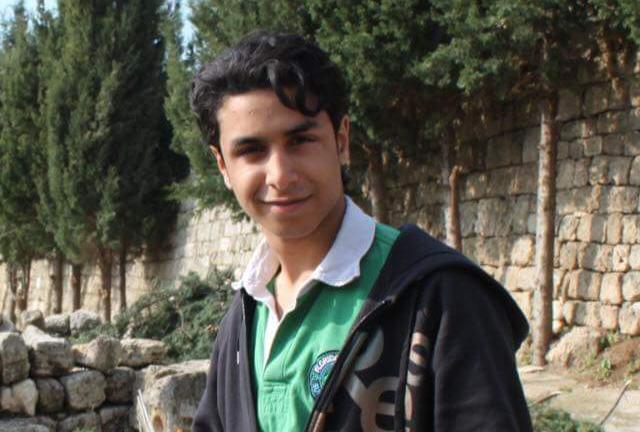By Bill Van Esveld | –
( Human Rights Watch) – On August 26, the Saudi Human Rights Commission announced the judiciary would review three death sentences in accordance with a recent decree to halt capital punishment for child offenders. Ali al-Nimr, Dawoud al-Marhoun, and Abdullah al-Zaher were sentenced to death for allegedly committing crimes when they were children.
Under the decree, the commission stated, the 3 detainees will be resentenced based on the Saudi Juvenile Law, which has a maximum 10-year prison penalty. They will have completed 10 years in prison by 2022.
The statement concludes, “Human rights are a key pillar of the Vision 2030 platform for transformation,” a reform initiative led by the king and the crown prince, Mohamed bin Salman. Saudi human rights pronouncements count for little: the government has assassinated critics, persecuted women’s rights advocates, mistreated migrant workers, and committed countless laws-of-war violations against civilians in Yemen. But not executing three child offenders is a positive decision.
Ali al-Nimr is one of at least three Saudi men currently on death row for protest-related crimes committed when they were children. © 2011 Eshaparvathi/Creative Commons.
Saudi Arabia should now immediately halt all death sentences and tackle pervasive injustice in the justice system. The cases of al-Nimr, al-Marhoun, and al-Zaher are chilling. They were between 15 and 17 when arrested in connection with demonstrations in 2011 by the country’s minority Shia citizens against systematic governmental discrimination. They were held incommunicado and detained without charge or trial for up to 22 months.
Lawyers for al-Zaher and al-Marhoun said both boys were beaten and threatened with more if they did not sign confessions written by their interrogators. Al-Marhoun had trouble speaking and eating because of the beatings, a relative said. They confessed to throwing Molotov cocktails at police, but no evidence was presented of police injuries. Al-Nimr was also convicted of “crimes” like “breaking allegiance with the ruler” and “repeating some chants against the state.”
Courts convicted them almost solely on the basis of these alleged coerced confessions.
If Saudi’s rulers genuinely want to imagine what a rights-respecting country will look like in 2030, it is one where trials are fair, children are safe from abuse, officials who violate rights are appropriately punished, and the death penalty is a thing of the past.
Bill van Esveld is Associate Director, MENA, Children’s Rights Division of Human Rights Watch @billvanesveld



 © 2025 All Rights Reserved
© 2025 All Rights Reserved